The Pacific Edge, a 1990 novel by Kim Stanley Robinson, is an Orange County utopia set in the 2060s. The elder radical, who is brought out of his mountain retreat to help his grandson and his allies combat a local development plan, turns out to be born March 22, 1984, about a month before my own daughter! That tickled me.
I really enjoy Robinson’s writings. His later work is more mature and really awesome in its detail and command of psychology, politics, ecology, and more (esp. the Mars trilogy, and Years of Rice and Salt). But having recently completed my own utopian novel, I was excited to rediscover, unread, on my shelf, this last volume of his Southern California trilogy. It’s an odd utopia, based as far as I can tell, on a gradualist, legal tranformation of U.S. society in which the corporations and multinationals were systematically dismembered, their wealth and resources distributed downward into dense networks of locally owned businesses. Income and property ownership are capped by law.
I’m not too interested in this kind of hybrid capitalist society, almost a libertarian utopia where everyone works for small businesses and accumulation is driven underground (that’s one of the driving mysteries of the novel, who is pulling the strings behind a local development project? Allusions to secret cabals of Hong Kong money and a syndicate of former for-profit medical technology business people are left relatively unexplained, though clearly something is up). But a green, ecologically transformed Orange County is appealing, as is an urban life of bicycling and limited cars and energy use (cars are used only to go up and down the remaining freeways, alongside hundreds of bicycles pedaled by people in less of a hurry), and new sea travel by high-tech sailing ships.
In this novel we get a rather realistic story of a tangled series of personal relationships that make most of the main characters somewhat unhappy, the pain of growing old and losing one’s past, the drama of local politics pitting growth versus preservation, all things that surely will persist in any human society. I put The Pacific Edge up there with a whole shelf of worthwhile utopian novels, from Starhawk’s Fifth Sacred Thing (terrible title!), Ernest Callenbach’s Ecotopia, Aldous Huxley’s Island, and a much larger list of dystopias including George Stewart’s Earth Abides, Brave New World, 1984, etc.


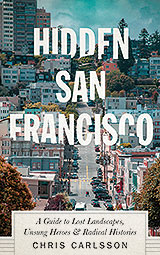
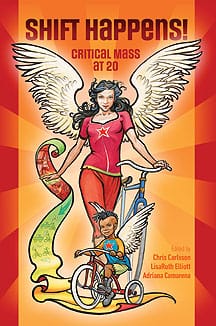
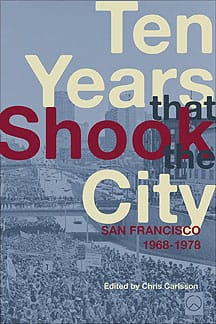
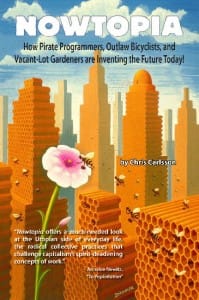
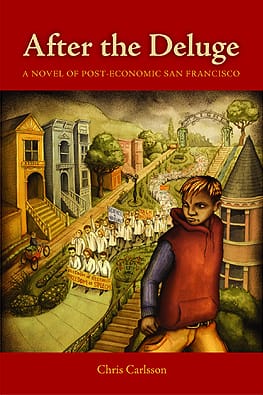
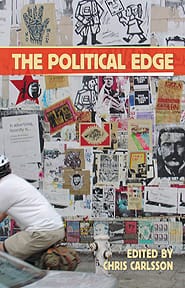
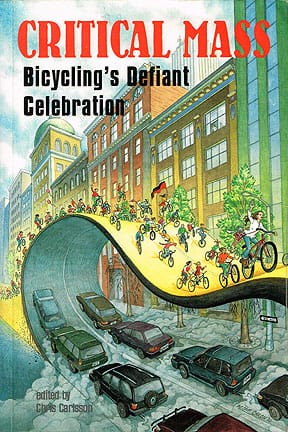
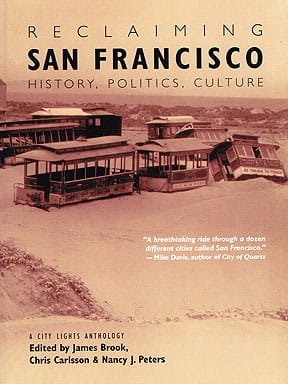
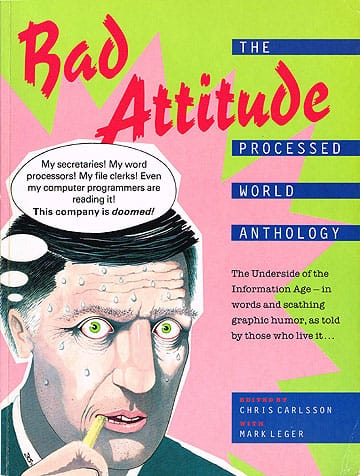
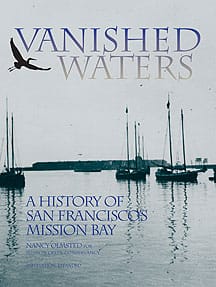
Leave a Reply